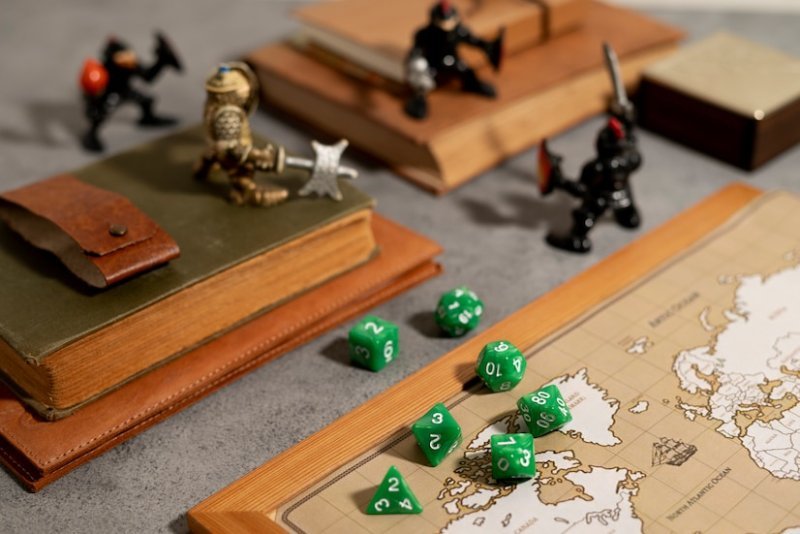Poker is a popular card game that has existed for centuries, but its origins are shrouded in mystery. It is believed to have evolved from various other games of chance and skill, including the French game poque and the Persian game nas. The earliest references to poker date back to the 16th century, when it was played by noblemen and royalty across Europe. While there are many modern versions of poker now available, like Texas Hold ’em or Omaha Hi-Lo, this article will focus on exploring the forgotten history of this classic card game. We’ll look at how it began and has evolved into one of the world’s most beloved gambling pastimes.
The Untold History of Poker
The history of poker is shrouded in mystery, with the game’s roots debated for centuries. Some point to Germany and France as the originators of the game, though there is also evidence that China and Persia were involved in a similar game many generations ago. Poker appears to have been around since ancient times and has taken on many forms as it has spread worldwide.
It wasn’t until the 19th century that it became popular, with settlers bringing it westward to places like Louisiana. Poker continues to be one of the most beloved card games among players and enthusiasts alike – no matter which parts of its history are still unknown.
Exploring the Forgotten Origins of this Classic Card Game
For millennia, civilizations worldwide have been enamored with playing cards and card games. And poker games are certainly no exception. Today, it is one of the most well-known card games in the world, but the exact origin of poker has been a matter of speculation for centuries. Scholars have suggested many different theories about its origins. Some believe that similar variations were first played in China as early as 900 CE, while others suggest that a game similar to poker has been around Egypt since at least 1190 CE.
It’s also theorized that various French and Italian card games during the Renaissance eventually connected to form poker as we know it today. Regardless of where it originally came from, poker has gone through many evolutions over time, but its popularity persists due to its skillful combination of luck and strategy needed for success.
The Earliest References to Poker in 16th-Century Europe
While there is some debate about the exact origins of poker, references can be found in literature and other sources dating back to the 16th century in Europe. One such example is Spanish writer Miguel de Cervantes’ description of a card game closely resembling poker in his novel Rinconete y Cortadillo published in 1613.
Other writers also documented the game mentioned in the novel in France during this period. It is thought that many elements of these early versions may have become part of modern-day poker and that other aspects were added on over time, helping to develop the beloved game further as we know it today.
Variations and Adaptations Over Time
The poker game has seen notable variations and adaptations throughout its rich history. The rules, strategies, and formats have changed significantly from being played primarily with 20 cards in the early 19th century to being a multi-player game using a full deck today. As a result, players worldwide now play many types of poker, like Texas Hold’ Em, 7 Card Stud, or Omaha Hi-Lo.
Even within those games, players sit at tables where betting styles vary significantly. Invention and adaptation have been integral parts of progress for the world’s most beloved card game.
Poker’s Influence on Gambling Pastimes Around the World
Poker has tremendously influenced the global gambling landscape over the past two centuries. Advocating for fairness and luck as opposed to traditional games of chance enabled card players to create their own rules and favored strategies for greater success. Over time, it also inspired significant changes in the way odds were calculated, with innovative developments like spread betting emerging as a result.
This allowed players to better manage their risk and even gain an edge over house dealers. Moreover, poker’s influence soon extended beyond the casino world, with variations like online poker popularizing skill-based gambling among casual do-it-yourselfers and professional table gamers. As a result, now more than ever, we can truly appreciate poker’s effect on gambling pastimes worldwide.
Modern Versions of Poker and Their Popularity Today
As technology advanced, so have the opportunities to play and enjoy poker worldwide. Modern versions of this beloved game exist in both physical and digital spaces. Online platforms provide various ways to engage in fun tournaments and competitions—connecting people from all corners of the globe.
Whether one prefers Texas Hold ’em, Omaha Hi-Low, or another variant, there is an opportunity to join an entertaining game that guarantees suspenseful and rewarding gambling sessions with friends or strangers. These modern adaptations have allowed the sheer excitement of this card game to permeate across age groups, leading to a revived appreciation for this traditional form of entertainment.





